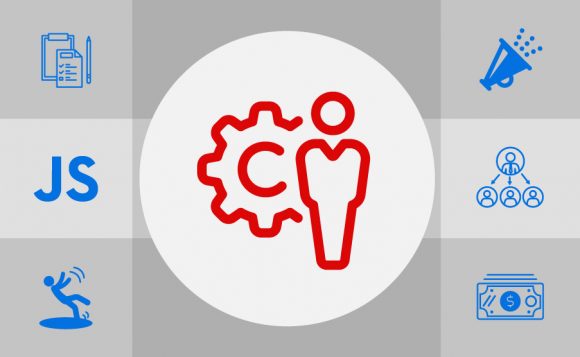
They say entrepreneurship is not attractive. Yet the desire to be your own boss is something that most people contemplate daily. However, in most cases, the idea to start a business remains just that because of the many obstacles in running a business and keeping it profitable. There is no full-proof plan that guarantees success for startup businesses. However, these are some of the brutal startup mistakes that can kill your business at its infancy.
The first mistake with most startups is lack of planning. Top on the planning agenda should be a business plan, a financial plan as well as a marketing plan. It may seem tedious to plan for your business but it is paramount to have a solid plan for your startup such as a business idea research as well as market potential. Before launching your business, you need to thoroughly research on suppliers, rates and what your ideal client is expecting from your product or service. The best way to make sure that everything is covered is to ensure that you have a comprehensive business plan for your startup. Being blind in your startup may end up being an expensive mistake that may lead to the downfall of your business in its initial stages. It is of utmost importance to get your business plan right from the get-go.
In this day and age, technology is everything. Avoiding new technology is one of the biggest mistakes business owners make. Do not stick to the age-old book rules. Technology helps one to work more efficiently, provides new ventures and can actually save tons of money, especially in marketing. Social media is one of the greatest tools available to market your startup. Selling your products or services on online platforms enables you to reach out to many people all at once, some of whom are potential clients. Be open to innovation and think outside the box.
In many instances, lack of confidence and fear of failure may cause you to undervalue your product or service. Once you have underpriced your goods, for example, it becomes an uphill task to recover from this and hence, you should explore the market satisfactorily before picking your prices. It is tempting to underprice your products or services to draw more clients but you need to realize that as long as your product is of good quality, it should be able to get your clients with your reasonable price.
Assuming that you do not need to market your startup and that your clients will come to you is a huge mistake. There is no conventional way of marketing your startup. Word of mouth referrals, traditional advertising, and online marketing are some of the forms of marketing you can use for your startup. The targeted clientele and your business will determine the form of marketing that you will settle for your startup business. Before you settle on any form of marketing, you need to ask yourself 2 questions; can you find a scalable way to acquire customers and can you monetize those customers at a significantly higher level than your cost of acquisition? The rule is simple: the cost of acquiring a customer should be less than the lifetime value of a customer. If you are selling products, for example, the cost of delivering the product should be taken into account as well as the salaries and marketing programs. In order to have a capital efficient business, it is important to recover the cost of acquiring your customers in less than a year.
A weak management system causes many startups to fail even before raking in any profits. First and foremost, a good management system will be smart enough to avoid some of the mistakes that I have already outlined above. Invest in the people you hire. Your people will either make or break your startup business, therefore, it is important to find the right people. Take them for training if you must to ensure the success of your startup business. A weak team is usually poor in execution which leads to issues with the product not being built correctly or on time. Also, the go-to-market execution will be poorly implemented and this may lead to loss of clients. Having a weak management team will also mean that they will build a weak team below them. A players hire A players and B players only get to hire C players, because B players do not want to work for other B players. In the long run, your startup will end up as weak and poor execution will be rampant.
Apart from people problems, money problems also cause many startups to close shop. One of the most important responsibilities of an entrepreneur is to manage cash flow. Many businesses aim to build something long-term with a tangible product that will make the world a better place to live in. However, money (or lack thereof) can get in the way of these long-term goals. Business banking is the tried and tested method of funding many startup businesses, both for starting and expanding your business. It all boils down to presenting a viable business plan to your bank. Your objectives, income projections, and future plans should be clearly outlined in your business plan for you to get funding. If you are a sole trader, it is paramount to separate your personal and business finances to avoid running into monetary problems on either front.
The list of problems encountered during startup planning is too long and can never be fully exhausted. There are many problems encountered by entrepreneurs in the course of managing their business. It helps if one is prepared to solve such problems as they arise for one’s business to stay afloat. New business owners should face each problem with determination and a proper solution.


